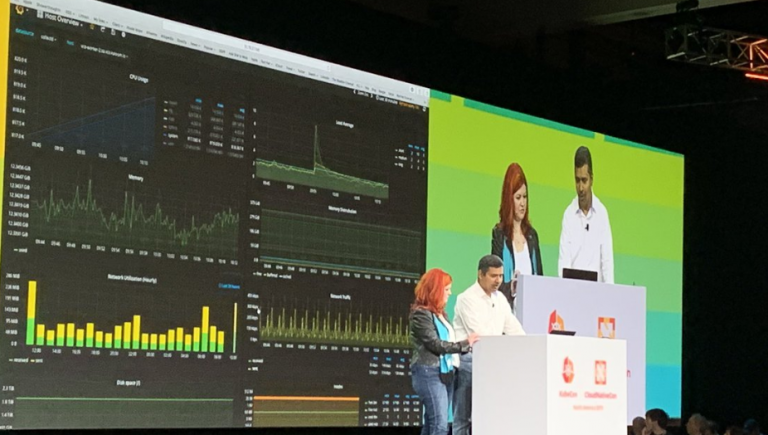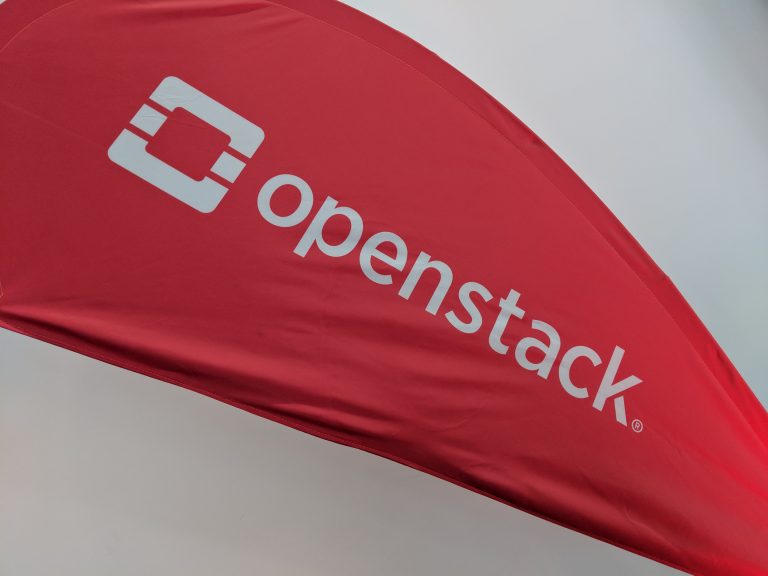Since the time the public cloud has become prominent, there have been multiple attempts to bring parity between on-premises infrastructure and cloud infrastructure.
Open Source projects like OpenStack, CloudStack and Eucalyptus aimed to become the hybrid cloud platforms for seamlessly integrating enterprise data centers with the public cloud.

Continue reading “How Kubernetes Has Changed The Face Of Hybrid Cloud”



